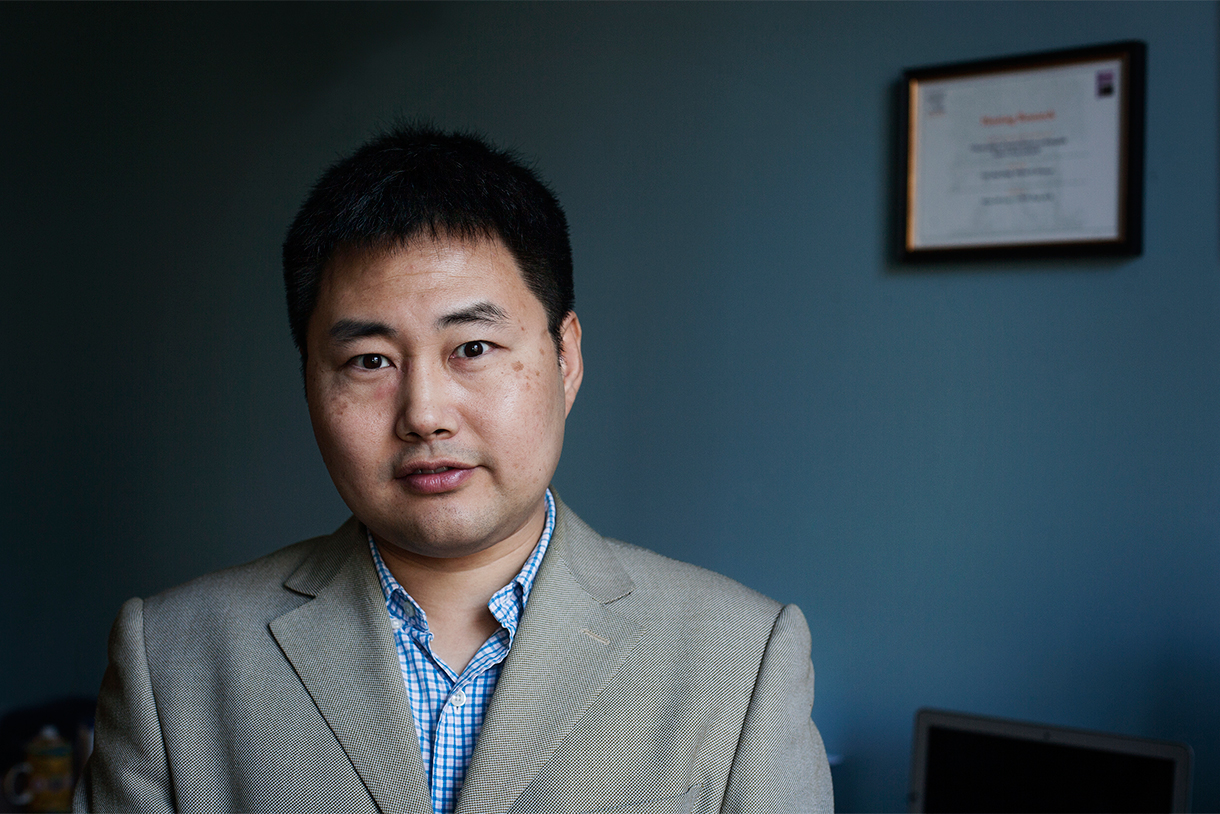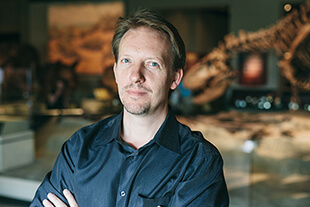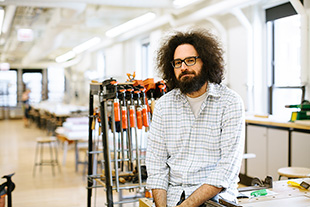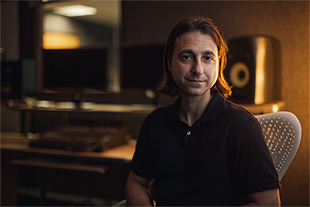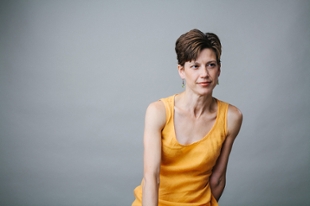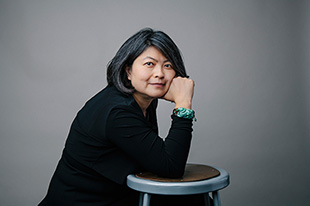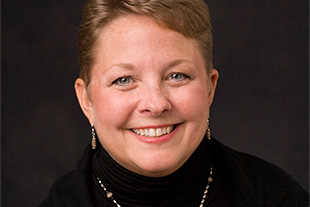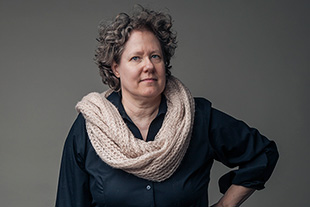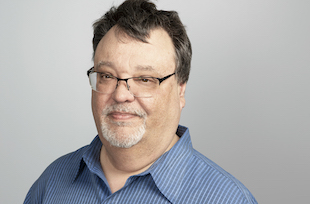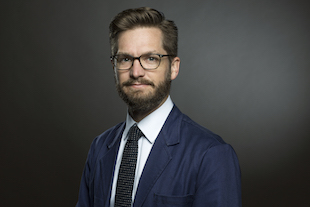Peter Zhang
Audio and Music
Peter Zhang creates unique work with the perception of sound.
When Peter Zhang was growing up in China, he studied physics, but singing opera was his passion. He attended the prestigious Peking University and migrated to Michigan State University for his physics PhD. Today, he combines his passions for science and sound as associate professor of Audio Arts and Acoustics at Columbia College Chicago.
The Science of Singing
For Zhang, acoustics perfectly overlaps with his academic history and artistic passion. “I’m very interested in the ways people use voice and different languages in performances,” says Zhang. “I think it’s a great combination for science and art to go together.”
Today, Zhang teaches and works in psychoacoustics (the human perception of sound). He experiments with the simulation of 3D sound, using multiple speakers to create lifelike, diverse soundscapes. And he brings his experience to the classroom, incorporating tons of audio and visual demos into his lessons.
Multicultural Music
Zhang is a researcher for the Peking Opera—and he teaches seminars on the Peking Opera and other Chinese art forms. He still loves to sing: He’s contributed his tenor to opera performances worldwide, from Boston to Beijing. Plus, he puts his multicultural experience to work as director for the China Initiative, Columbia’s Chinese exchange program.
At Columbia, Zhang’s own love of science and music helps him connect with students. “Although I have a science background, an interest and practice in art and performance is very useful, especially in communicating with students in the department,” he says.
A Collaborative Classroom
Zhang sees acoustics classrooms as places where students and teachers can work together. To that end, he passes out evaluations after every class session to assess the pace and content. “I think it’s better to adjust each week instead of waiting for the end of the semester,” he says.
Students’ academic enthusiasm inspires him to continually update and refine his lesson plans. “I’ve found that they really have the passion for these majors,” he says. “Instead of just following the textbooks, we really need to protect that passion.”
